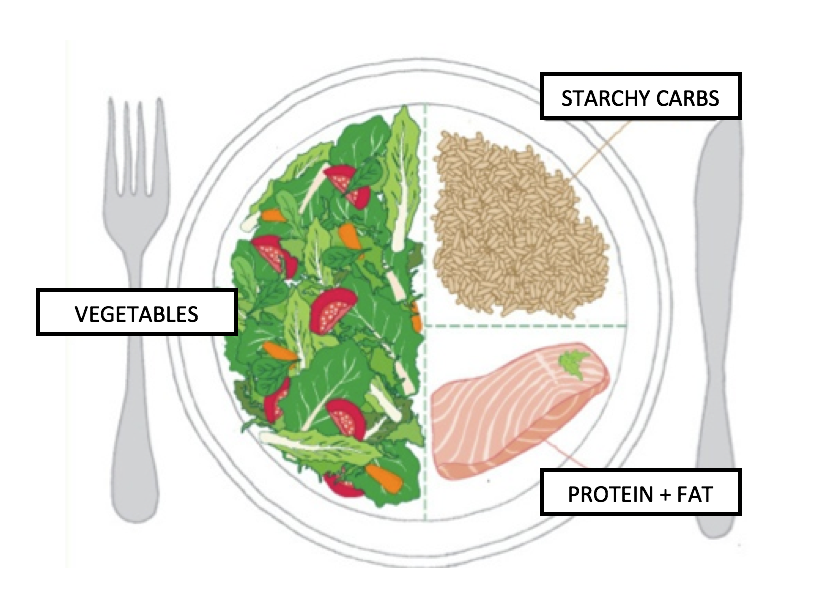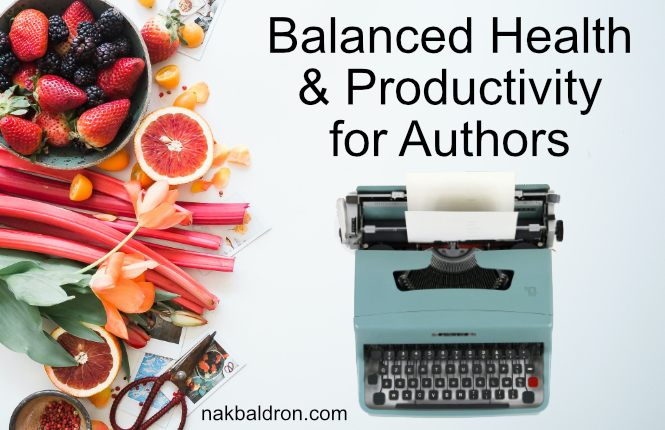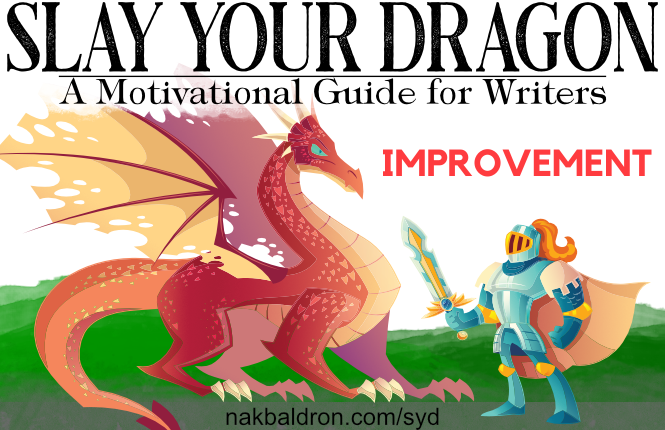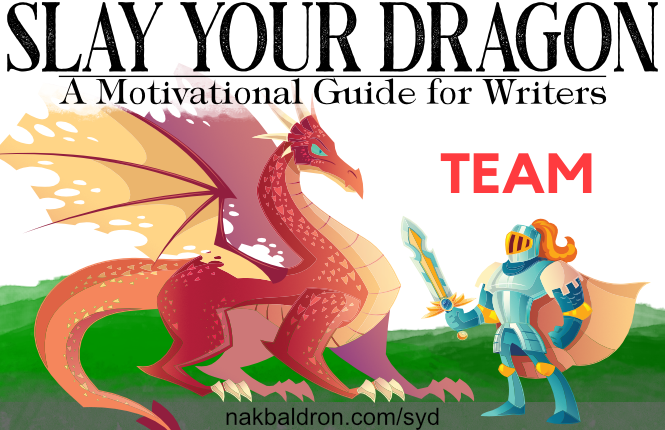Updated: March 1st, 2021.
My Why
Health is the core element of general life quality. There is obviously far more than health, such as self-actualization—a core reason I’m an author—and social network of friends and family, but health directly affects those elements.
My journey into health and diet directly stemmed from my brain injury, but I wish I would have started sooner. Each month I find my overall life enjoyment continues to improve, and I think it’s in large part due to my focus on health. Just through diet alone, I’ve been able to fix my sleep issues. I’ve also found a level of mental resilience I never thought myself capable of.
If there’s one thing I would equate my success to, it’s my mental fortitude. Being an author can be a brutal career at times, but no matter how low the lows get, the highs are so much higher. But I would never have been able to experience those highs without the development of my mental fortitude to strive through the tough times.
Diet
This doesn’t always mean cutting calories to lose weight, though I’m currently doing that. The Oxford dictionary defines a diet as, “the kinds of food that a person, animal, or community habitually eats.” This is why so many personal trainers talk about making a lifestyle change, rather than going on a diet. It’s all about creating habits that can be sustained for a lifetime.
I center my diet around Protein, Vegetables, and Carbohydrates. This is a balance that will change for each person based upon what they’re trying to accomplish. My main focus is to ensure my family and I eat nutrient dense foods without having to spend time tracking every meal.

When I make a meal or plate, I aim for 50% vegetable, 30% protein, and 20% complex carb. I do my best to avoid processed food, though ice cream is a hard one for me to pass up. However, if I know I’ll eat ice cream I try to avoid carbs with my dinner to make room.
I can hear all the questions now from nutritionist and personal trainers, what about fats?
Our fats are made up by those within the meats we eat, and the little cooking oil I use when cooking onions and vegetables. I’m a huge sucker for mirepoix: (the French trinity of cooking) sautéed onions, carrots, and celery, I usually add in garlic too.
Supplements
Nootropics
In short, they’re supplements and/or drugs meant to increase your cognitive abilities. Reddit has an excellent beginners guide where you can learn the basics, along with what style of stack would be right for you.
https://www.reddit.com/r/nootropics/wiki/beginners
I started researching nootropics back in 2018 after I suffered a major brain injury, and I began building my stack in December of 2018. Now, over a year later, I’ve fine-tuned it to what I think shows efficacy without breaking the bank. As my disposable income increases, I plan to add more to this stack, but this is the minimal amount I’m comfortable with.
Personal Stack
Morning
L-Theanine 200 mg paired with each cup of espresso I drink (usually two per day). I take this to help with my caffeine intake and to prevent crashes. I’ve also found it to help with withdrawals during my caffeine fasts.
L-Tyrosine 2,000 mg (2 scoops) with a packet of electrolytes and 12oz of water, all mixed together. Consumed on an empty stomach first thing after waking. This helps with mental focus and willpower.
Creatine 2,500 mg with 1st meal of the day. I take this for cognitive resiliency. Since starting I’ve noticed I can stay focused on cognitively demanding tasks, such as writing, for longer without feeling tired, or what I describe as my brain feeling crispy. Once a month I’ll double my dosage for a full week.
Bacopa 600 mg (20% Bacosides) with 1st meal. I take this to aid with my memory and have noticed a steep increase over the past year. I’ve found that during my fasts my memory recall is slower, though I’ll note I can’t prove causation. Once a month I’ll double my dosage for a full week.
Afternoon
Omega-3 1,500 mg with lunch. This helps with inflammation which in turns assists with my cognitive function, and helps to offset the Omega 6 in my diet. I’ve also found it reduced my knee pain (an injury from my youth).
B Complex 200 mg B1, B2, B6, B12. Taken with lunch this helps keep my energy levels up throughout the day and keeps me from relying on caffeine too much.
Evening
Magnesium L-Threonate 500 mg with dinner. I take this as a sleep aid, but it has other mental benefits. My personal chemistry results in lower magnesium levels (this could be from all the coffee I drink) and this dosage has fixed all the side effects I experienced. When I forget to take my pills for a day, I can tell the next morning due to inferior sleep, and I think this has the greatest affect on that.
Lion’s Mane Mushroom 500 mg with dinner. I take this for enhanced neuronal growth, regeneration and synaptic plasticity. Basically, this helps your brain cells communicate more efficiently and increases the gray matter of our brain. It’s sort of like turning your brain back to that of a child. I learn faster and it’s easier to turn short term memory into long term memory.
5-HTP 100 mg taken when I get into bed at night with a small sip of water. This helps to place me into a deep rejuvenating sleep.
Electrolytes
My personal go to brand is single serve packets of Propel. The main reason being they don’t have any artificial coloring and offer a full spread: sodium, C, potassium, B3, B5, B6, and B12. They also come in several flavors which helps with consistency, though raspberry lemonade is my favorite.
Exercise
This is a newer activity for me. While we’ve always been walkers, it’s only been since the start of the lockdown that I decided to get my butt in gear and really start pushing myself again.
We continue to walk every day, and I’m also adding in resistance training with a set of resistance bands. Thus far they’ve proven an excellent workout, especially with not having access to a gym. They’re also easily transportable, which means I can workout anywhere, not just at the house.
Our new routine involves us going to the lake in the morning for a walk and swim. Starting next week, my plan is to take the bands with me and get my workout in before jumping in to swim and cool off.
I aim for 60-90 minutes of exercise first thing in the morning, directly after my first cup of coffee, but before eating. I’ve never been a big fan of breakfast, and eating before a workout makes me sick, though I know several athletes swear by it.
Weight Loss
Everything above leads into this for me. I’ve actively adjusted my diet to cut excess carbs, and I’m cutting calories slowly to induce weight loss without crashing my metabolism.
The resistance training is also meant to increase my metabolic rate over all, and hopefully create a new, higher, baseline so I can burn off more fat while maintaining or even increasing my muscle mass. After a month of the new diet I’ll adjust again, and focus on muscle growth. Moving forward after that I’ll rotate every six weeks between muscle mass (meaning extra fat too) and then cutting to lose the excess fat.
At present I’m around 188 lb and I plan to cut down to 165 lb by the end of the year. The only exception would be if my muscle growth exceeds that target. My goal is to cut my body fat levels from 23% down to 15% or lower. Weight can’t be the end all be all of my targets, but it’s a good estimate.














